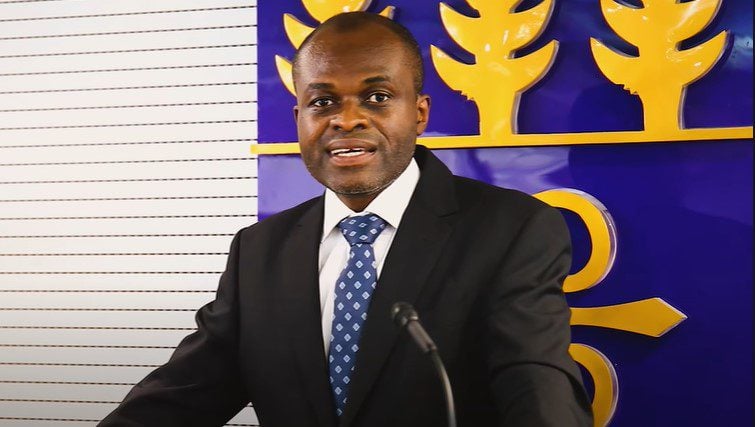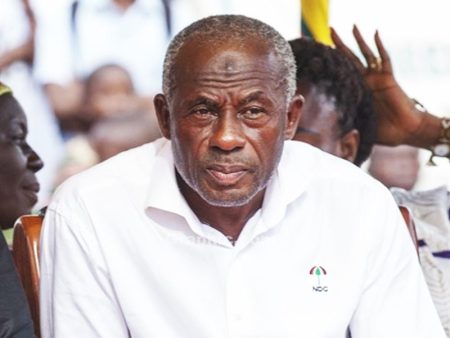Martin Kpebu, a private legal practitioner in Ghana, has reignited the debate surrounding constitutional reforms aimed at bolstering the independence of the judiciary. His advocacy stems from concerns about the perceived vulnerability of the judicial branch to political influence, particularly in light of recent events involving the dismissal of Chief Justice Gertrude Araba Esaaba Sackey Torkornoo. Kpebu’s central argument revolves around Article 144 of the 1992 Constitution, which grants the President the authority to appoint the Chief Justice. This provision, in Kpebu’s view, creates an inherent conflict of interest and undermines the principle of separation of powers, potentially exposing the judiciary to undue pressure from the executive branch.
Kpebu’s critique extends beyond the appointment process itself. He emphasizes the need for a more clearly defined system for handling judicial misconduct. Currently, the lack of specific categories differentiating between minor infractions and serious offenses creates ambiguity, potentially allowing for the unjust removal of judges based on relatively trivial matters. This ambiguity, Kpebu argues, further erodes public trust in the judiciary and weakens its ability to function as an independent arbiter of justice. The absence of clear guidelines, he warns, opens the door for politically motivated accusations and disciplinary actions, threatening the integrity of the entire judicial system.
The call for greater judicial independence is not new in Ghana. Kpebu points to ongoing advocacy efforts that predate the current controversy, emphasizing the long-standing concerns about the potential for executive overreach in judicial matters. He insists that the current constitutional framework, which vests significant power in the presidency regarding judicial appointments, is fundamentally flawed and necessitates amendment. The removal of Article 144, in his view, is a critical step towards ensuring a truly independent and impartial judiciary.
Kpebu’s argument for constitutional reform resonates with broader concerns about the health of Ghana’s democratic institutions. The perceived vulnerability of the judiciary to political pressure raises questions about the effectiveness of checks and balances within the government. A judiciary beholden to the executive, critics argue, cannot effectively uphold the rule of law or protect the rights of citizens, particularly in cases involving political disputes. This vulnerability undermines public trust in the judicial system and, by extension, in the democratic process itself.
The debate over judicial independence is not merely theoretical; it has tangible implications for the fairness and impartiality of legal proceedings. When the judiciary is perceived as being under the influence of the executive, it casts a shadow of doubt over the integrity of court decisions. This erosion of trust can have far-reaching consequences, undermining the legitimacy of the government and potentially leading to social unrest. Therefore, strengthening the independence of the judiciary is not just about protecting the integrity of the courts; it is also about safeguarding the stability and legitimacy of the entire democratic system.
The call for constitutional reform to enhance judicial independence in Ghana is a multifaceted issue with deep implications for the future of the country’s democracy. Kpebu’s advocacy highlights critical vulnerabilities in the current system, particularly the potential for executive overreach in judicial appointments and disciplinary proceedings. Addressing these concerns through constitutional amendments, proponents argue, is essential to ensure that the judiciary can function as a truly independent and impartial arbiter of justice, upholding the rule of law and protecting the rights of all citizens. The debate underscores the ongoing struggle to balance the powers of different branches of government and to create a system that effectively safeguards democratic principles.














